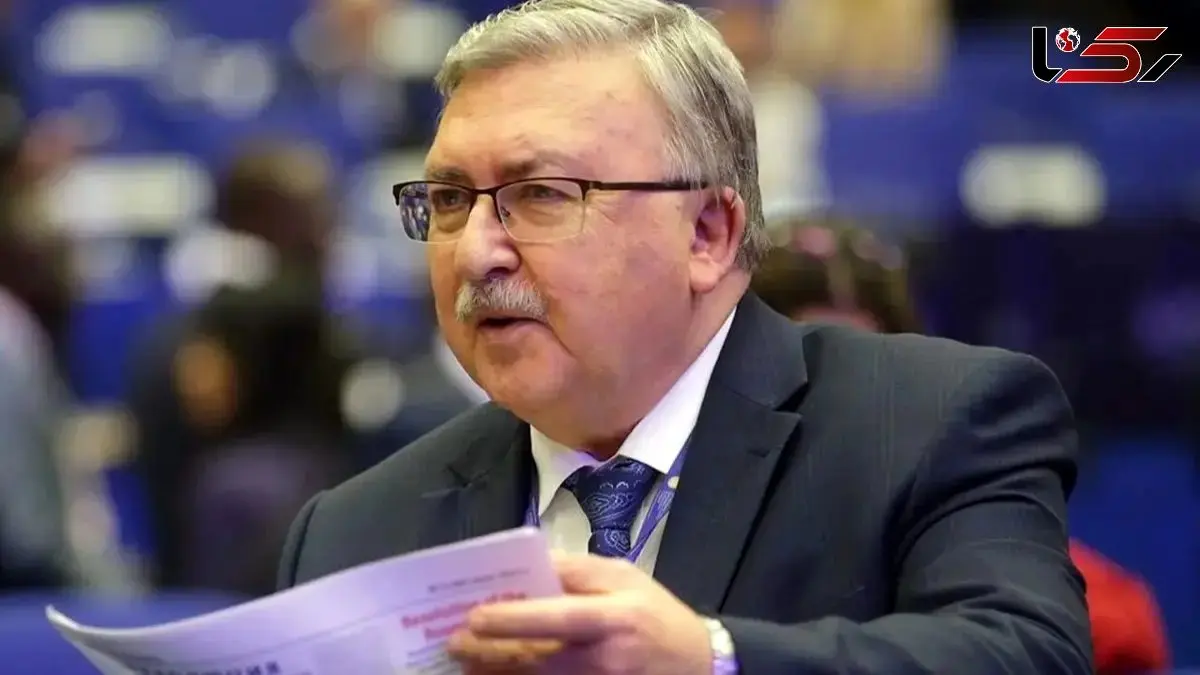Mikhail Ulyanov Explains Why JCPOA Revival Talks Failed
Rokna Political Desk: Disagreements and what he described as irrational actions by Western countries were the main reasons behind the failure of efforts to revive the 2015 Iran nuclear deal, according to Russia’s permanent representative to international organizations in Vienna. Despite reaching its final stages, the talks were halted by European countries and later by the United States in early 2022.

According to Rokna, Mikhail Ulyanov, Russia’s permanent representative to international organizations in Vienna, said that the failure to reach an agreement on reviving the Joint Comprehensive Plan of Action (JCPOA) resulted from fundamental mistakes and illogical behavior by Western states.
In an interview with the Russian news agency RIA Novosti, Ulyanov stated that since March 2022, Western signatories to the JCPOA—including the United Kingdom, Germany, France, and the United States—had committed a series of grave miscalculations that ultimately led the negotiations to a deadlock.
According to him, the European countries effectively abandoned the talks to restore the nuclear accord in the spring of 2022, and a few months later, the United States followed suit. Ulyanov noted that this occurred precisely when the negotiations had reached their final stage.
He added that European countries continued to escalate tensions surrounding Iran’s nuclear program through their actions within the International Atomic Energy Agency (IAEA).
“The resolutions they proposed were passed by a majority of votes due to the composition of the IAEA Board of Governors, but each time they immediately provoked reciprocal measures from Tehran. This pattern repeated itself several times. It can be said that the Western position has been, and remains, completely irrational,” Ulyanov said.
The Russian envoy further remarked, “Interestingly, the idea of extending UN Security Council Resolution 2231 was initially proposed by the Europeans. However, when Russia and China introduced a draft to that effect in the Security Council, those same Western countries blocked its adoption.”
In October, the validity of UN Security Council Resolution 2231—adopted in 2015 to endorse the nuclear deal and establish mechanisms for its international oversight—expired.
In 2015, the United Kingdom, Germany, China, Russia, the United States, France, and Iran signed an agreement under which international sanctions would be lifted in exchange for limitations on Iran’s nuclear activities. However, in May 2018, during his first term in office, then-U.S. President Donald Trump withdrew from the accord and reinstated sanctions on Iran. In response, Tehran announced that it would gradually reduce its commitments under the deal, lifting restrictions on nuclear research, development, and uranium enrichment levels.
Send Comments